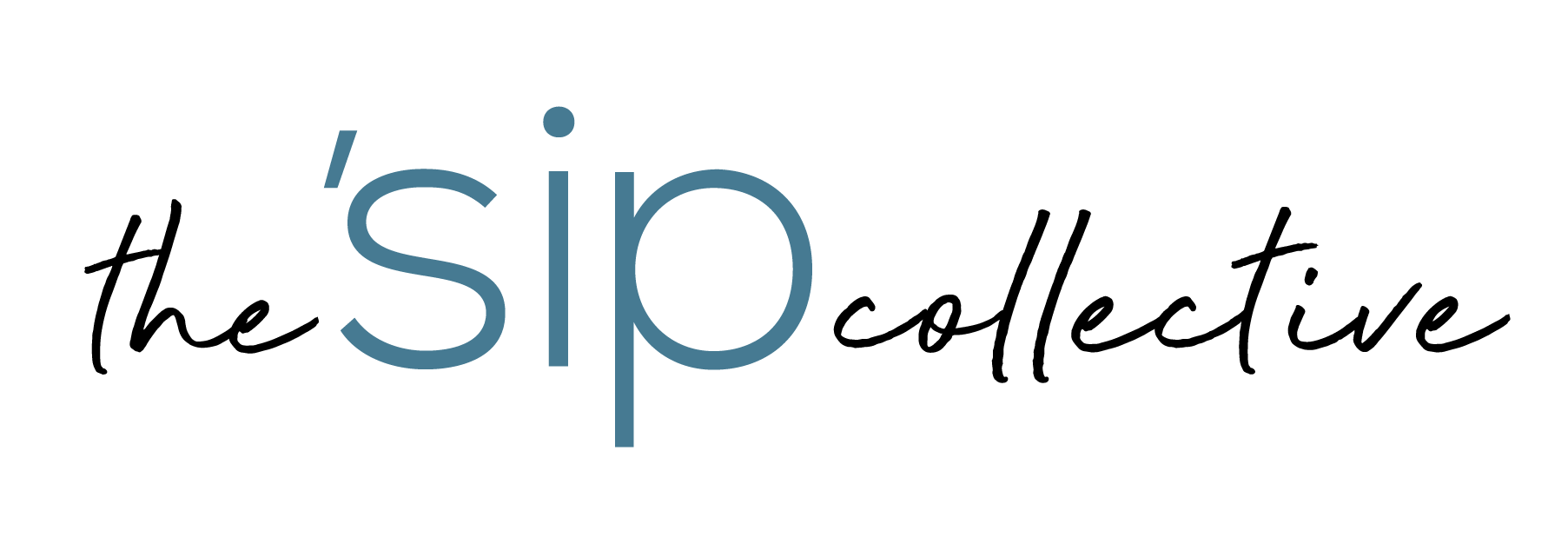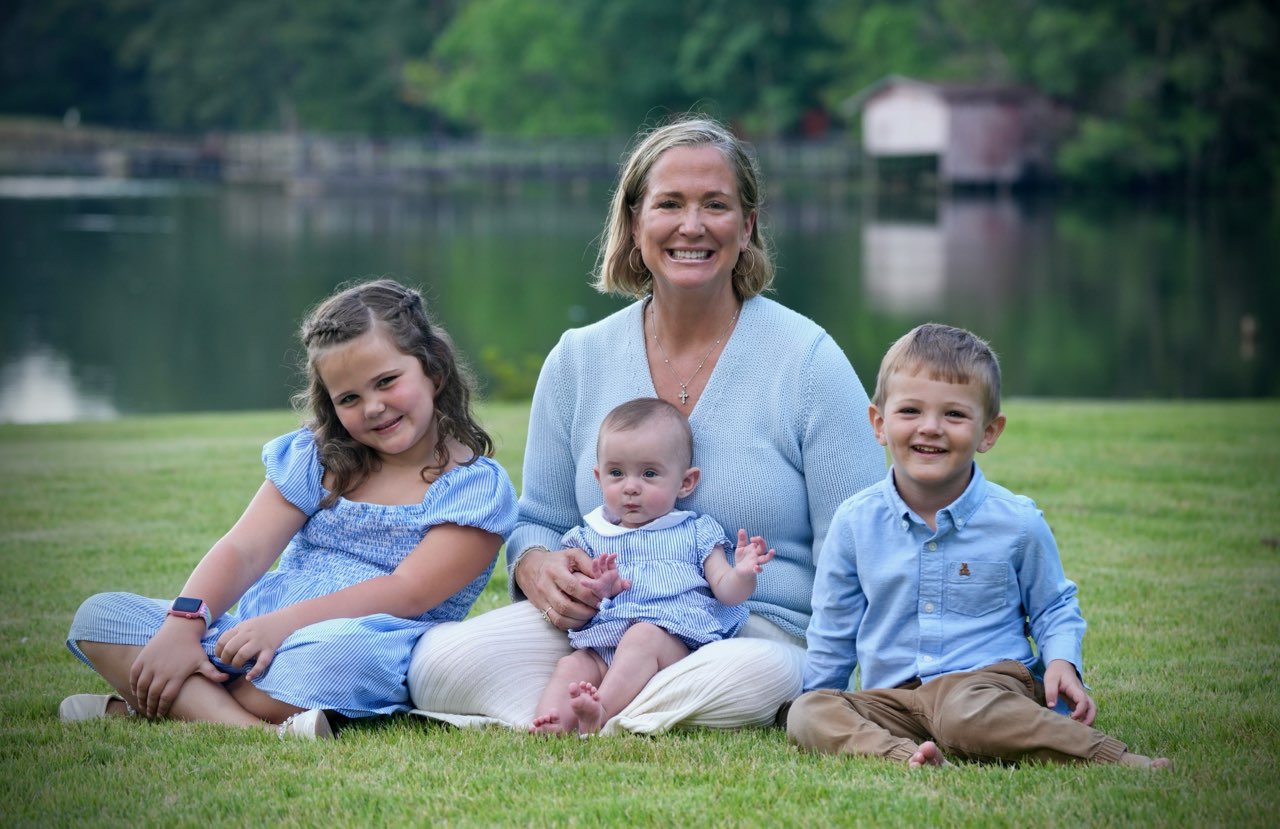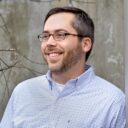Despite the trials life has sent her way, the psychologist, businesswoman and philanthropist continues to chart a course built on helping others achieve their potential.
Trials and traumas have a way of defining the course of life as much as ambition and opportunity. But the impact these very human conditions and characteristics make doesn’t have to be negative. For Alyssa Killebrew, a Ridgeland, Miss.-based clinical psychologist by trade but a renaissance woman at heart, they have inspired and invigorated her efforts at helping others become whole.
“My life is bigger than me,” she says. “It’s a great privilege and honor to have people share their darkest secrets, their worst traumas, and find relief and courage to transform it into something different and beautiful.”
That notion encapsulates much of Killebrew’s worldview. After enduring three devastating tragedies in the span of a single year — the loss of her husband, daughter and best friend, all under different circumstances — she knew she had an important choice to make. The family she had started with Keath Killebrew, which included a young child and another on the way, needed her more than ever. So, instead of letting the chain of events overcome them, she looked to the future.
“Having hope is everything to me,” she says. “I lost the love of my life, and for a while it felt hopeless. But then again, I’m sitting there looking at my children and thinking of this huge responsibility.”
Killebrew leaned into those growing responsibilities and stayed busy with her practice and the family farm. It’s a situation she’d known since childhood, when her mother’s cancer diagnosis first upended her life. Suddenly, she’d had to assume a more hands-on role in her own life as well as take care of her younger brother. “Nobody told me to,” she says. “But I knew he had to have food and things done for him.”
Decades later, when Keath’s plane went down during a trip to Paraguay, where he hoped to establish a farming operation, Alyssa lost her partner of nearly three decades with whom she had rebuilt her life after the heartbreaks of her youth.
A Mississippi Delta farmer by trade, Keath also delved into welding, beekeeping, painting, and photography. The two had traveled to Taos, New Mexico, the year before for a grief retreat following the death of their newborn daughter, Sara Elizabeth, named for Alyssa’s friend, Sara Harvey Roberts, whose heroic fight against cerebral palsy also ended in 2020.
“We did some real soul searching,” she says of the trip. “We identified what had hurt us, shared it, and built an intentional life plan. His was through agriculture. Mine was through mental health.”
With Killebrew Psychological Services as her vehicle, Alyssa poured her experience and all she learned while earning her Ph.D. in clinical psychology from Jackson State University, her residency at Valley Mental Health in Salt Lake City, and a post-doctoral year with the Mississippi Department of Corrections into a mission to turn tragedy into triumph. The latter has become one of her most vital areas of focus.
“The work I’ve done inside prisons has been among the most sacred of my life,” she says. “When you look past a rap sheet and see the wounded child inside a grown man or woman, and help them see it, too, everything changes.”
Her visits to Parchman — which continue alongside running Killebrew Psychological Services and Essential Touchstones, as well as her work with the Killebrew Ag Foundation — allow her to listen to and counsel inmates. She has launched trauma recovery groups, fatherhood programs and addiction recovery initiatives inside the prison system. She’s seen inmates write letters of amends, cry for the first time in years, and begin to envision a different life for themselves.
“One now mentors others reentering society, and several others have become productive, purpose-driven citizens,” she says. “One man recently told me, ‘I was scared of you at first. But you gave me my first mirror. Not to look at what I’d done, but to see who I could become.’ That kind of healing outlasts a sentence. Most people don’t care how much you know until they know how much you care. And when you can validate someone’s truth, even when the world has written them off, it becomes a powerful ingredient for change.”
The desert retreat that had helped Alyssa and Keath heal led her to develop Camp SEK, a residential therapeutic camp for children dealing with trauma, named after their daughter’s initials (and pronounced with a long ee sound). Hosted on a farm in Flora, the camp integrates farm activities, counseling and Christian teachings to help kids work through deep-seated negative emotions and their causes.
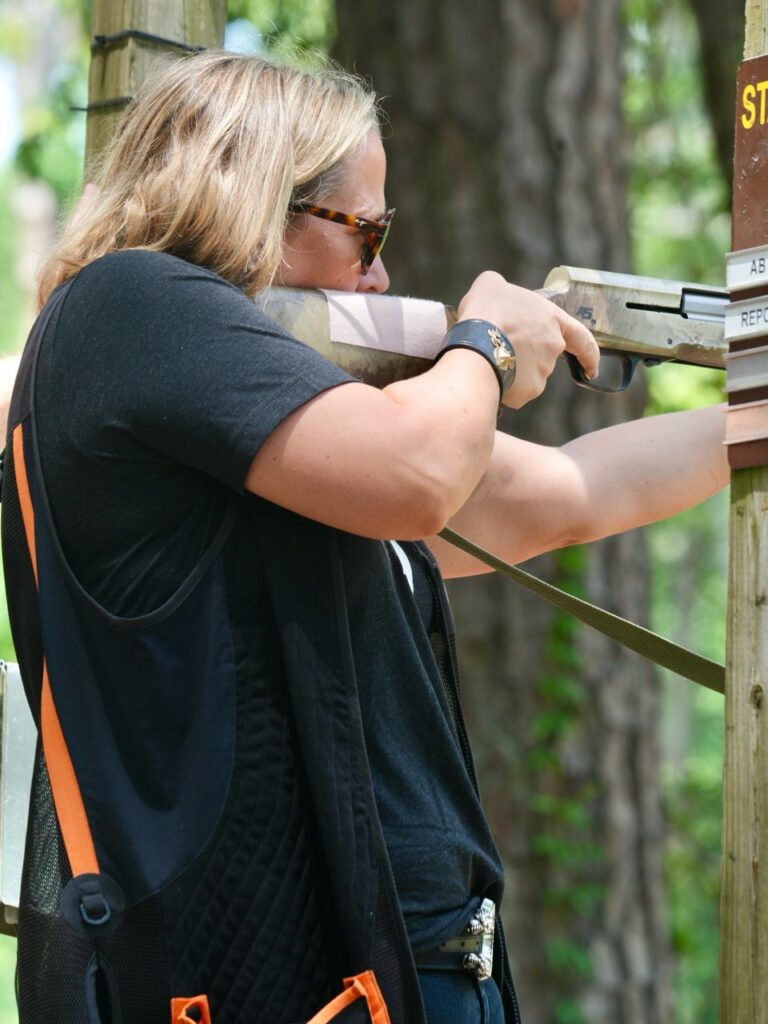
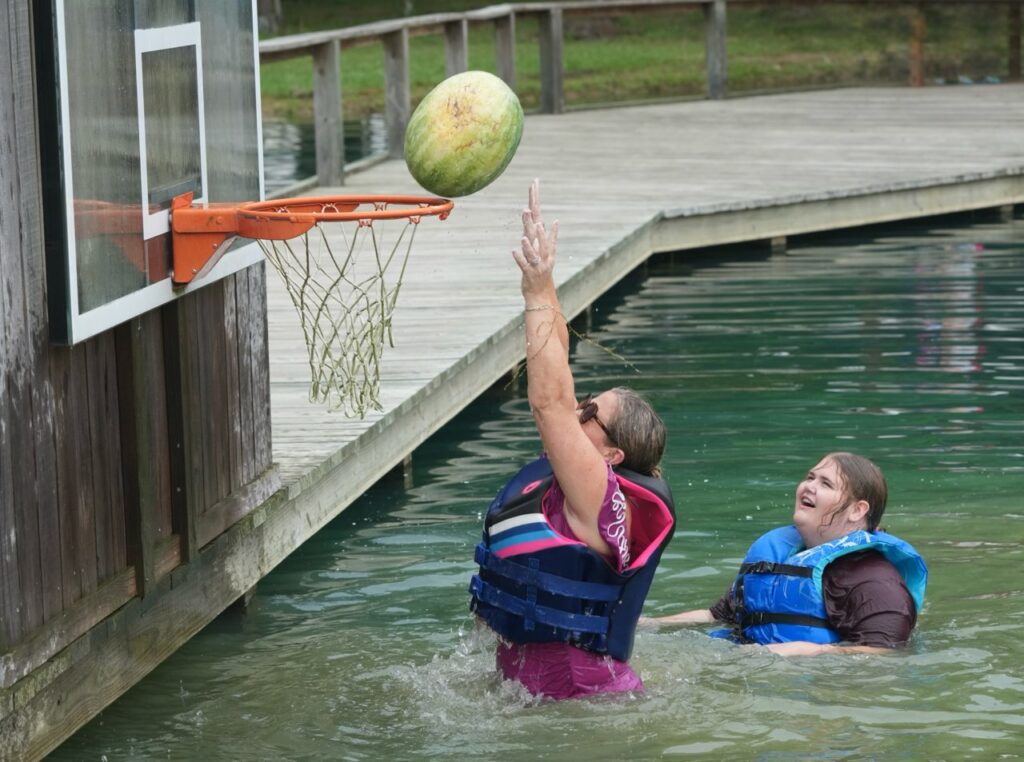
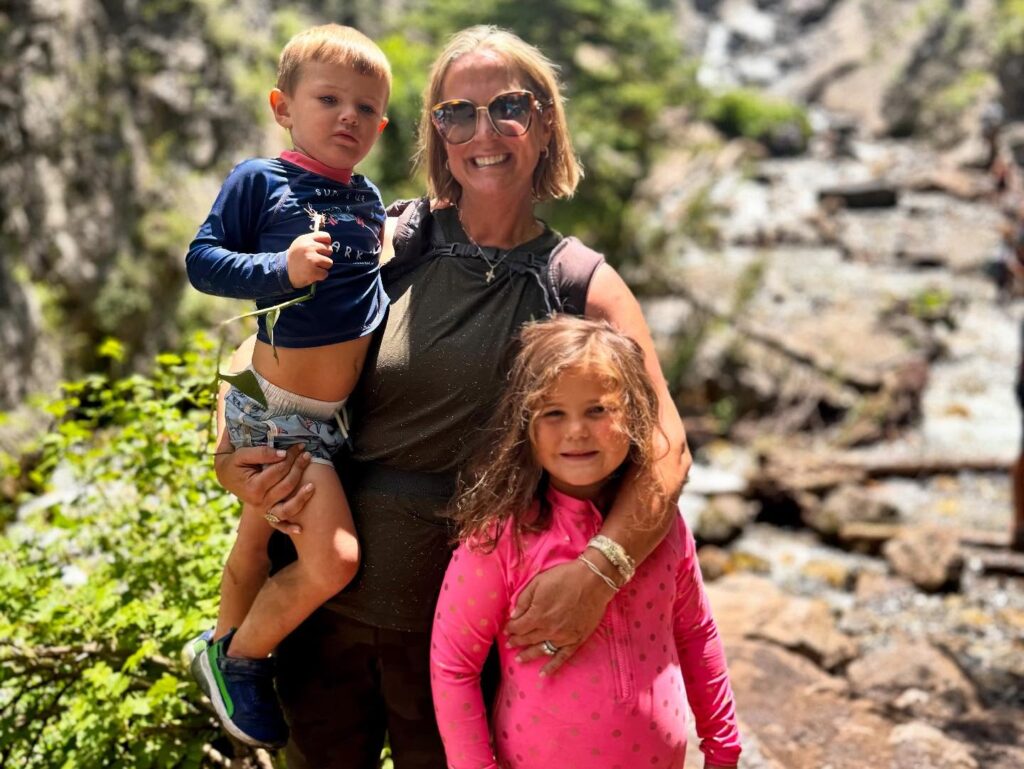
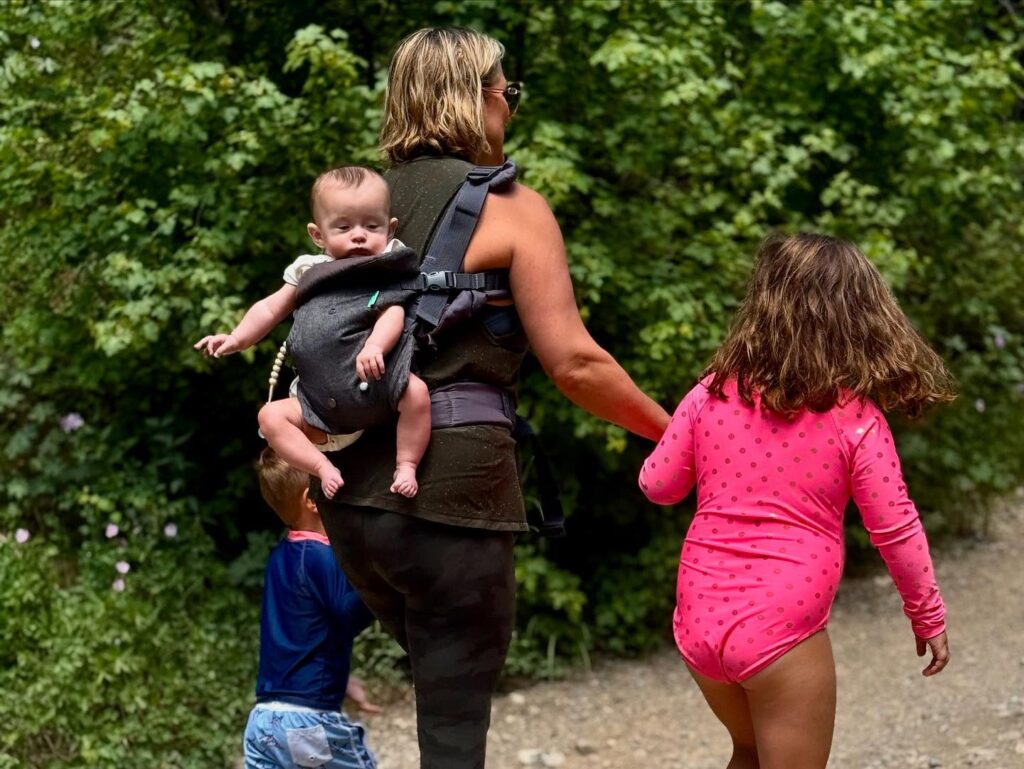
But Camp SEK also gives teenagers a place to feel safe. “We’ve witnessed teenagers disclose abuse for the first time, reconnect with God, and gain tools they carry back into their daily lives.” She says the agricultural elements, which include caring for animals and working the land, provide grounding while faith-based encouragement uplifts them. “For many, it’s the first time they’ve felt truly seen and valued. One camper told us, ‘This is the first time I ever felt safe being real.’”
Alongside Keath’s twin brother Heath, Alyssa helped launch the Killebrew Ag Foundation and its apprenticeship program, Cultivate, designed for young people who thrive better in fields than classrooms. Riley Patton of Kosciusko, who came onboard as an apprentice in April 2024, didn’t know what he wanted to do with his life until he connected with the program. Now, he lives and works on the farm, where he plants and manages 350 acres of corn and soybeans and also takes classes on agriculture from the University of Arkansas. During the off-season, Heath helps him create cashflow projections, maintain and analyze balance sheets, and identify where he could save money in his operation.
“I’m going to give you a word that best describes the Killebrew Ag Foundation, and the word I have is accountability,” Patton says. “Every person I have met involved with Killebrew is a loving, supporting person, but they’re also hard working, and I think that’s what makes the world go around. Alyssa and Heath are two of the hardest-working people I know, and they hold you accountable and push you to do better things.”
To raise funding, the foundation has hosted the Keath Killebrew Memorial Rodeo in Jackson as well as sporting clay tournaments. For their efforts, they won the Indoor Rodeo of the Year title from the International Professional Rodeo Association twice.
Longtime friend and business partner Jerri Gledhill met Alyssa as she was beginning her work in the mental health field two decades ago, and credits her ability to connect “human to human, regardless of age, gender, race or socioeconomic status” as a key strength behind her endeavors.
“She has the ability to connect with anybody, and she practices what she preaches,” Gledhill says. “When she tells others to sit with their pain, it’s not something she’s not willing to do, as well. When she talks to other people about hopefulness and healing, she’s experienced more than her share.”
And her faith runs through all of it.
“I really am a very strong, devout Christian,” she says. “I lean heavily on mentors who have stepped in to help me continue to work in my practice and raise my children.”
Alyssa learned a lot about caring for others from her grandmother, Sarah Elizabeth Ellis. “She could go to a refrigerator with nothing in it and put together a five-course meal,” she says. In 2003, Alyssa compiled her grandmother’s recipes into a book, “Southern Belle’s Kitchen,” as a way to pass down those lessons in care and creativity.
“I did it for an arts commission fundraiser in Holmes County,” she says, “and I wrote [the children’s book] ‘Charlie the Peanut’ with Keath about a peanut that learns to grow where he has been planted. I sold it at peanut festivals and raised money for children with mental health struggles in 2005.”
She’s currently planning a third book about a cotton plant that learns from its elders, mixing agricultural and generational wisdom. “I’m doing it to pass down truths and lessons to my children and young patients,” she says, “with wisdom from my mentors and my precious grandmother.”
Today, Alyssa is envisioning a future shaped by “boots-on-the-ground efforts” such as community partnerships, school collaborations, and rural outreach to meet people where they are, both geographically and emotionally. She dreams of opening a clinic in the heart of the Delta, where her clinical work began.
“We’re also building a strategic plan for mobile mental health solutions, including portable therapy camps, pop-up clinics, and even a therapy garden on wheels,” she says. “Healing doesn’t always happen in a sterile office. It can happen in barns, churches, schools, gardens, or around a sweat lodge or campfire. We’re not just thinking outside the box — we’re planting hope far beyond it.”
Her trauma-focused outpatient program in Ridgeland now employs more than 20 licensed counselors. The work, she says, centers on connection. “People who are depressed are often incredibly lonely,” she says. “When you don’t have people around and connections, it makes for a sad life.”
That belief is at the heart of everything she builds. It lives at Camp SEK, in the Cultivate apprenticeship, and in the way she talks to her children. “What do we believe, baby?” she asks her six-year-old daughter, Vivian. “Mama, we work hard and we play hard, and we enjoy doing both.”
It also lives in Scarlett, her seven-month-old daughter she birthed through IVF with an embryo she and Keath had set aside — the fraternal twin of Sara Elizabeth. Scarlett’s initials are SEK, mirroring her sister. “She is the sweetest baby,” Alyssa says. “She just smiles all the time. She is her daddy’s spitting image.”
And it lives in moments of mindless fun, like one recent day when her son, three-year-old Keath Jr., stood on the diving board, ready to jump into the pool.
“I said, ‘Jump, Batman!’” Alyssa recalls. “He said, ‘I’m not Batman.’ I said, ‘Well, jump, Superman!’ He said, ‘I’m not Superman.’ I said, ‘Well, who are you?’ He said, ‘I’m Keath, and that’s way better.’”
